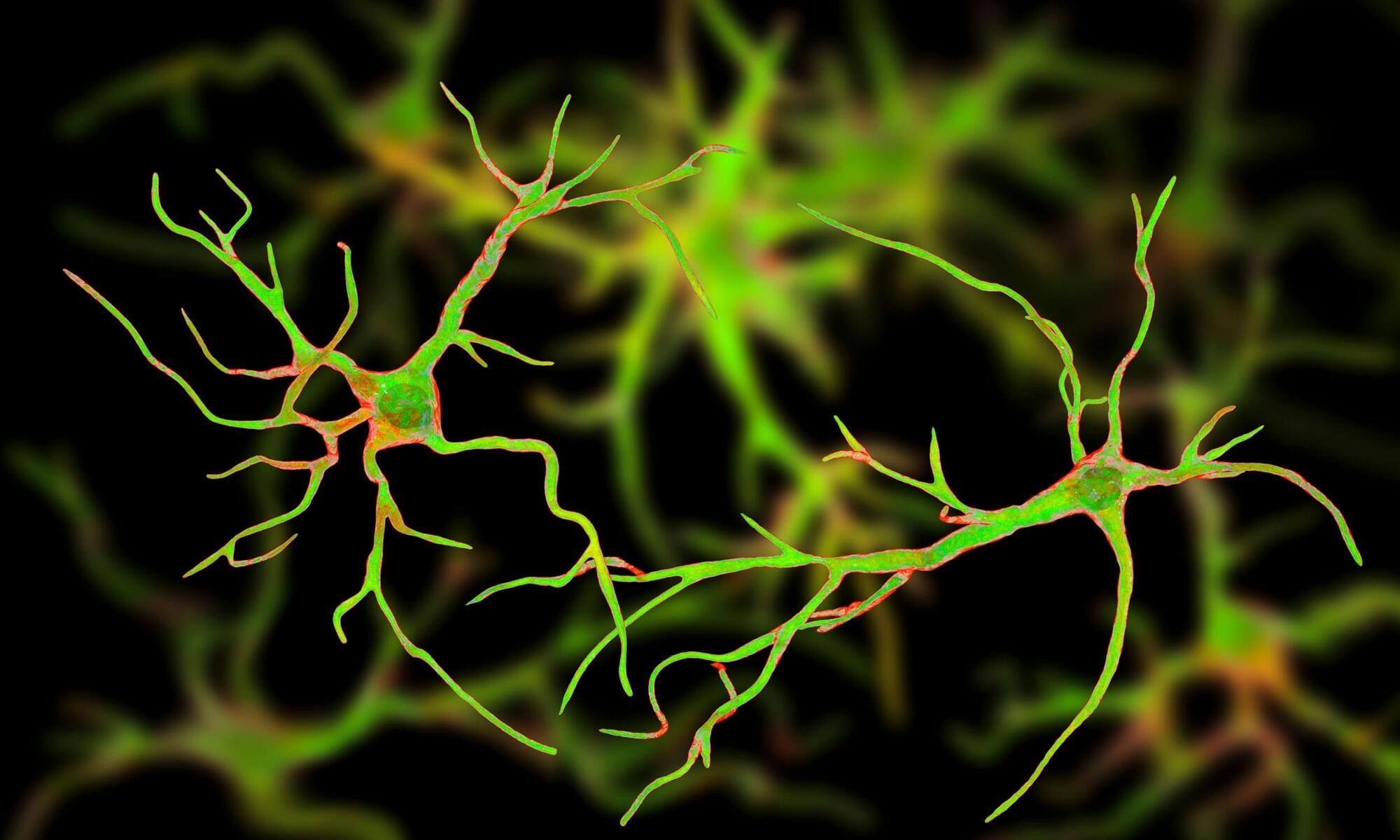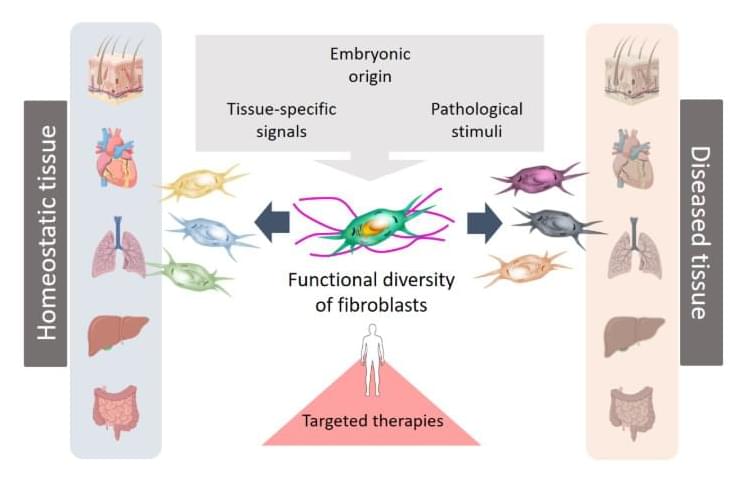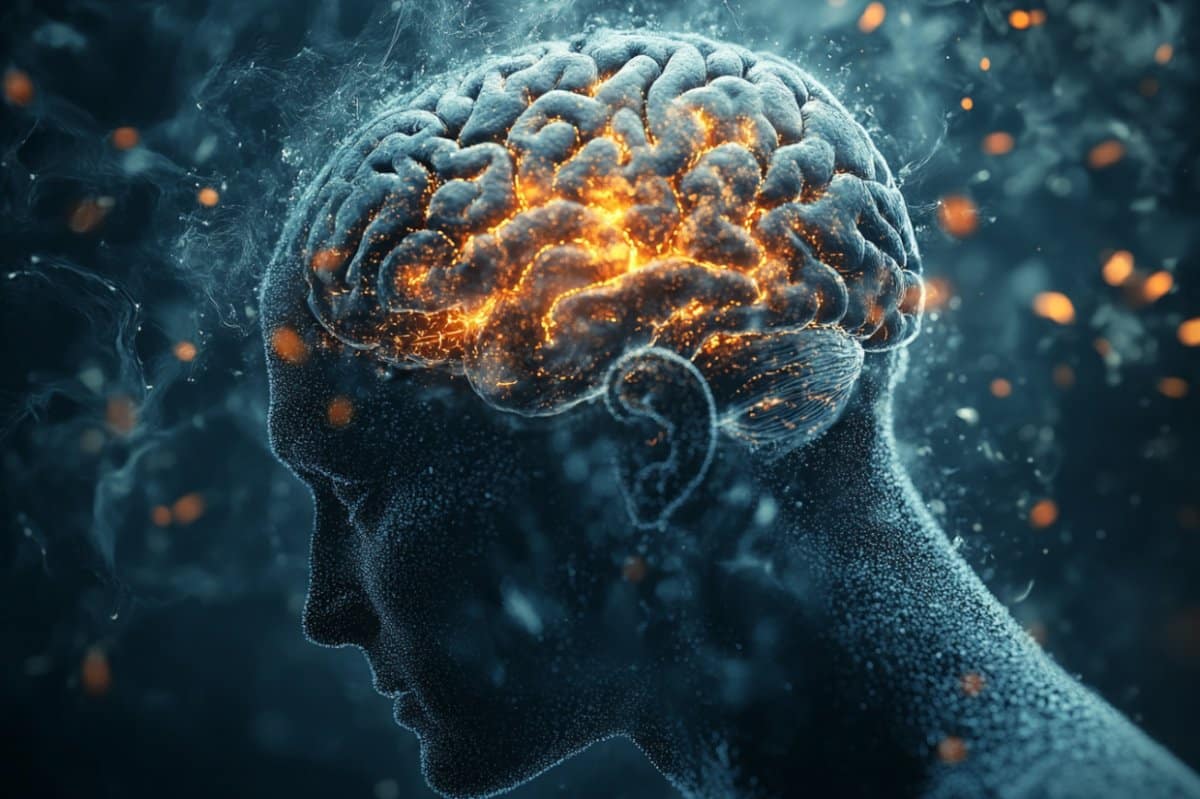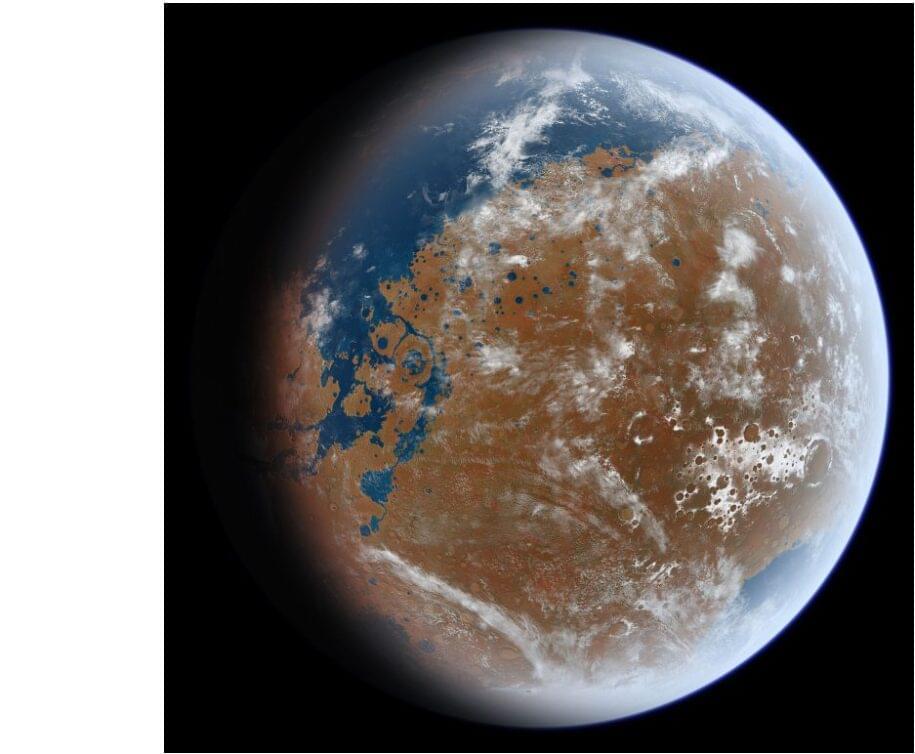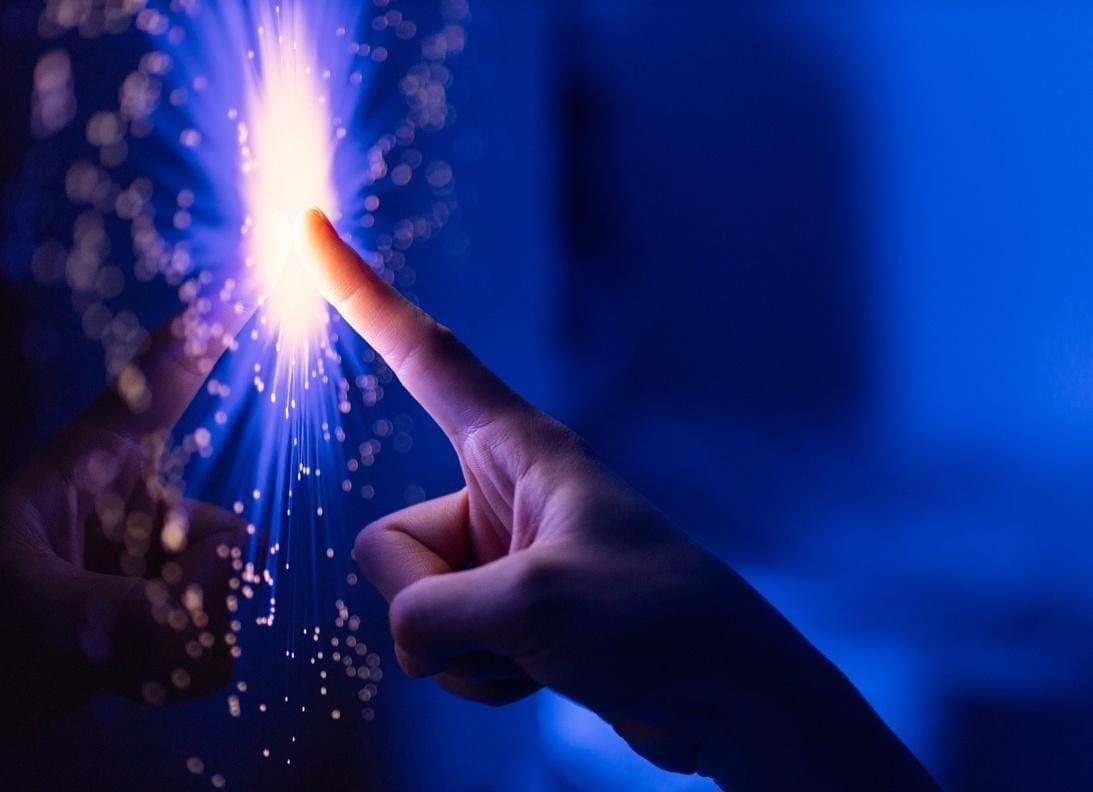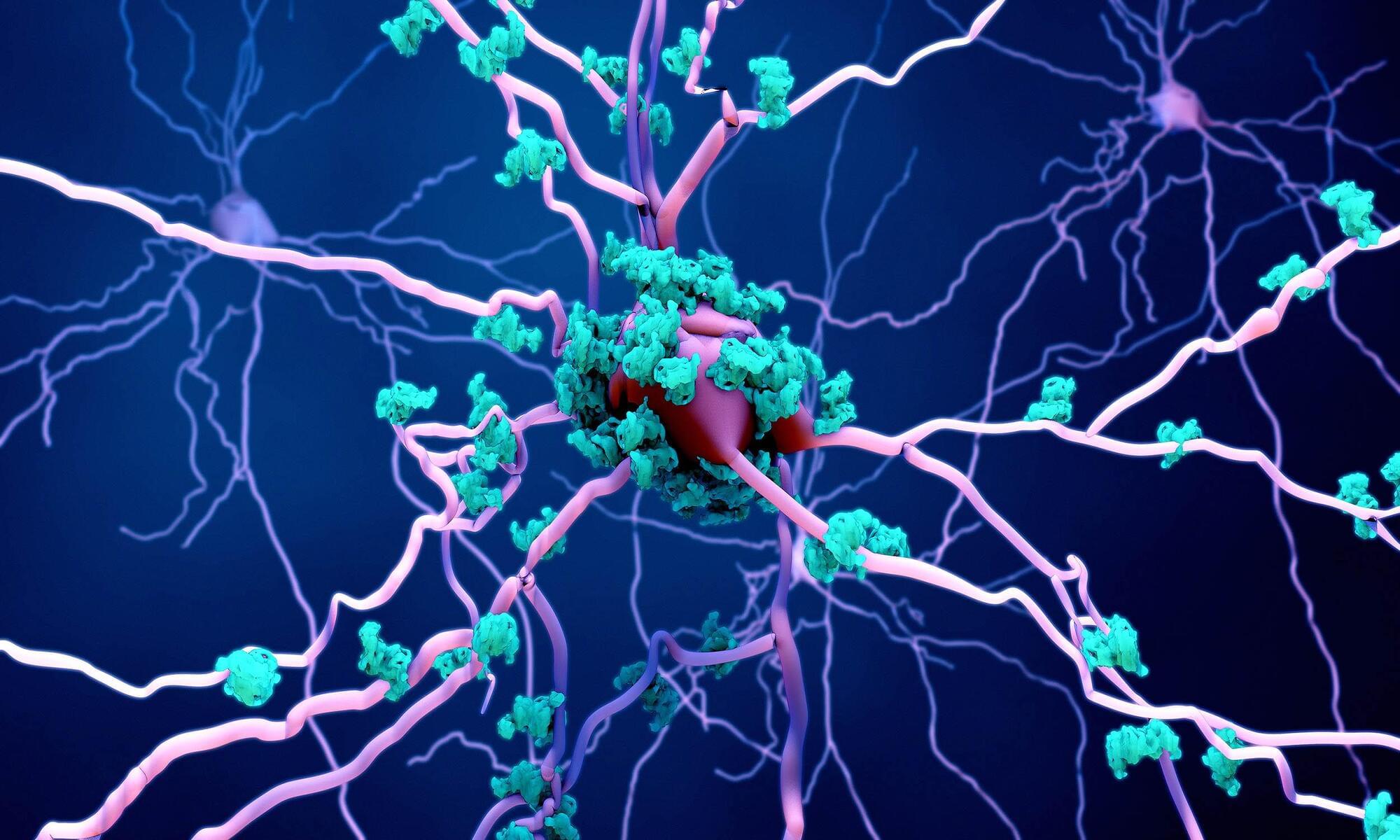New research from MIT suggests that astrocytes — long considered support cells — may play a key role in the human brain’s memory capacity.
Fibroblasts are specialised connective tissue cells that play a key role in wound healing and tissue regeneration. The recent scientific publication from the University of Leipzig Medical Center shows that fibroblasts respond differently depending on the organ and disease context. Their functions are shaped by their embryonic origin, tissue-specific signals, and pathological stimuli. These specialised cells are not only involved in tissue repair and remodelling, but also influence the immune system and the development of diseases such as cancer, fibrosis and chronic inflammatory conditions.
“Until now, our understanding of fibroblast diversity has been based primarily on studies in animal models. This new review is the first to compare and integrate extensive human studies that have used modern single-cell technologies. This approach makes it possible to combine findings from different human studies, creating a comprehensive picture of the various origins and functions of human fibroblasts,” says Professor Sandra Franz, lead author of the study from the University of Leipzig Medical Center.
This deeper understanding of cellular heterogeneity opens up new avenues for the development of targeted therapies.
New research shows that even mild, prolonged exposure to low oxygen levels can significantly disrupt the blood-brain barrier (BBB) in aging brains.
Astronomers have filled a large gap in knowledge about Mars’ water cycle. Their research on water percolating from surface to aquifer could change the picture of what early Mars was like, suggesting that less of the planet’s water may have been available to become rain and refill lakes and oceans.
Billions of years ago, water flowed on the surface of Mars. But scientists have an incomplete picture of how the Red Planet’s water cycle worked.
That could soon change after two graduate students at The University of Texas at Austin filled a large gap in knowledge about Mars’ water cycle — specifically, the part between surface water and groundwater.
Researchers have created a 3D mouse organoid model to study how neurons in the nose regenerate, revealing that a type of stem cell once considered dormant may be crucial for repairing olfactory tissue.
What if accessing knowledge, which used to require hours of analyzing handwritten scrolls or books, could be done in mere moments?
Throughout history, the way humans acquire knowledge has experienced great revolutions. The birth of writing and books altered learning, allowing ideas to be preserved and shared across generations. Then came the Internet, connecting billions of people to vast information at their fingertips.
Today, we stand at another shift: the age of AI tools, where AI doesn’t just give us answers—it provides reliable, tailored responses in seconds. We no longer need to gather and evaluate the correct information for our problems. If knowledge is now a tool everyone can hold, the real revolution starts when we use this superpower to solve problems and improve the world.
It’s been thought that T cells would only move into the brain in the case of a serious problem. New work shows otherwise… | Cell And Molecular Biology
New YT video, featuring RAADFest creator, James Strole!
Join us on Patreon! https://www.patreon.com/MichaelLustgartenPhD
Discount Links/Affiliates:
Blood testing (where I get the majority of my labs): https://www.ultalabtests.com/partners/michaellustgarten.
At-Home Metabolomics: https://www.iollo.com?ref=michael-lustgarten.
Use Code: CONQUERAGING At Checkout.
Clearly Filtered Water Filter: https://get.aspr.app/SHoPY
Researchers think stopping necrosis, a harmful form of cell death, could prevent inflammation, protect aging organs, and reduce disease risk.
The cloud data company aims to attract customers who want to build their own artificial intelligence agents
